 Dr Claire Orwin
Dr Claire Orwin
It is, however, the case that research demonstrates that many students have limited engagement in extracurricular activities due to personal, work, commuting and caring reasons.
Drawing on the expertise across four providers, this project aims to identify, develop and evaluate ways in which Higher Education courses can embed ‘sticky’ approaches in induction, assessment, online peer learning communities and enquiry-based learning pedagogy to maximise student experience and engagement.
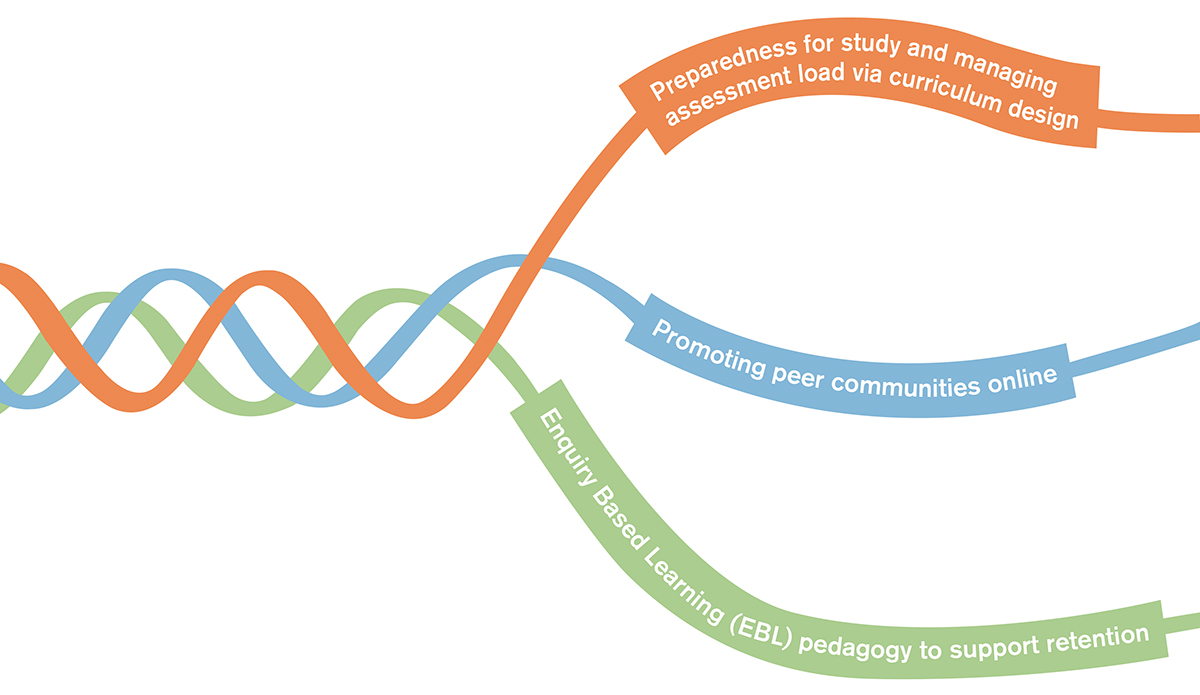
In the context of this project, we define ‘sticky’ as something which supports attraction and attachment. Building on existing research around the ‘sticky campus’ and the ‘sticky curriculum’, our view is that a ‘sticky course’ is designed to inspire student engagement, where students ‘stick to’ and ‘stick with’ their course. For us, a sticky course should seek to deliver a student-centred immersive learning experience which builds and maintains student belonging and cohesion.
To address the challenge of how best to support the student experience through a sticky course approach, the project team are exploring a range of interventions which reflect typical challenges relating to student engagement, namely: transition, finding belonging and developing meaningful connections with their course. To address these challenges the project is focused on three key strands.
Check out our latest Project Blogs
- Understanding Student Experiences of Induction — Dr Colin Milligan and Professor Alastair Robertson, Glasgow Caledonian University
- Reflecting on the Enhancing Engagement Forum at the University of the Arts London: Fostering connections — Bee Yogasivam and Tanyeem Hussain, University of the Arts London
- Challenges and Best Practices in classroom and student engagement at University of the Arts London — Tia Riaz and Dr Wayne Clark, University of the Arts London
- Reflections from a mature student on the Student Learning and Engagement Pilot at University of the Arts London — Nicky Backlund and Leanne Grice, University of the Arts London
- Belong at Brighton — Angelica Blake-Lawson, University of Brighton
- Introducing the sticky course approach — Dr Claire Orwin, De Montfort University
Explore the project outputs by strand

Preparedness for study and managing assessment load via curriculum design
Focus groups are exploring induction, curriculum design and students’ experience of managing assessment loads.

Promoting peer communities online
A review of learning from the sector and a pilot of different approaches and platforms are interpreting how digital communities can contribute towards building community and belonging.

Enquiry Based Learning pedagogy to support retention
Analyses of teaching and learning approaches that support engagement and retention, including student focus groups which explore the relationship between each approach and their experience of belonging and community.
Explore the project outputs from different perspectives
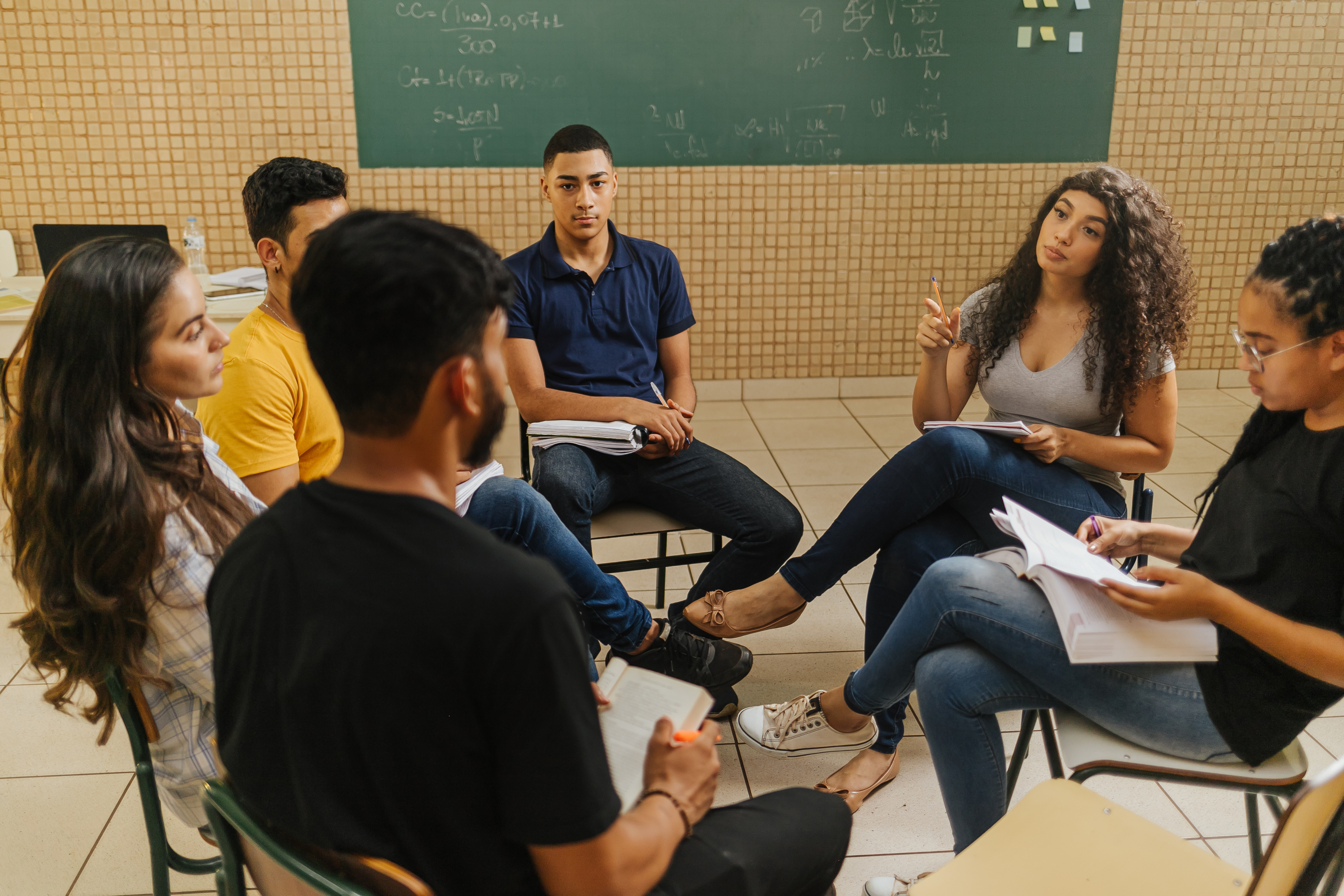
Student Voice

In Curriculum
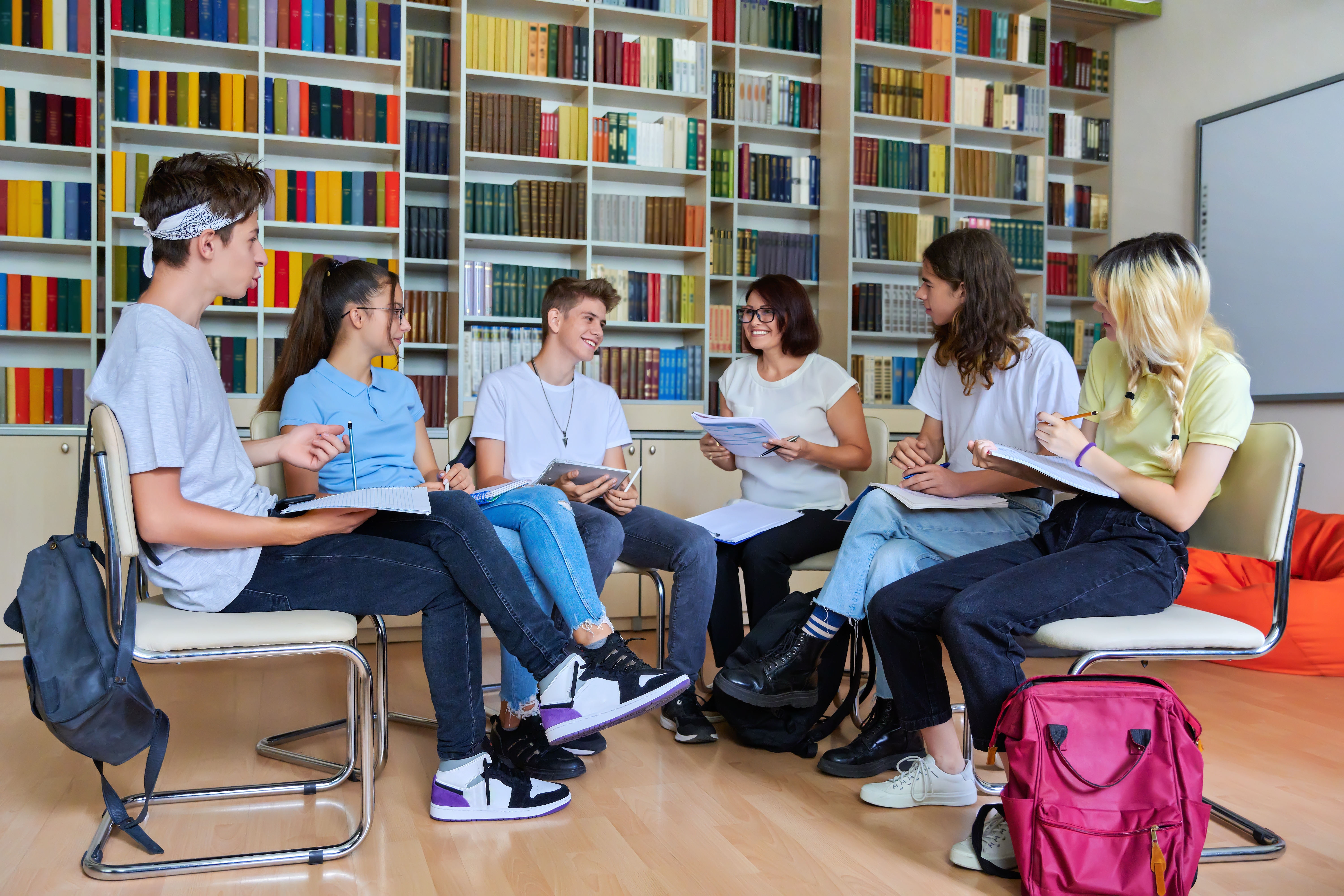
Co Curriculum
Outputs coming soon!
Sticky Courses Toolkit
Course Guidelines
Useful Resources
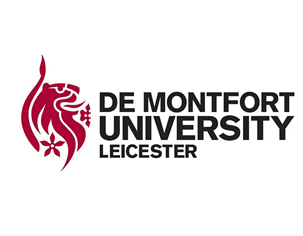
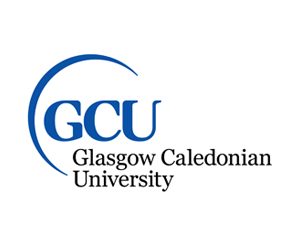
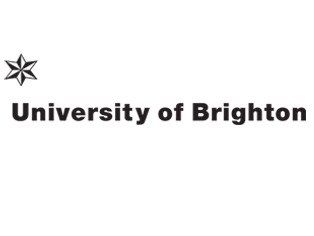
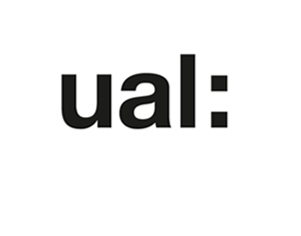
Lead institution: De Montfort University
 Dr Claire Orwin
Dr Claire Orwin
Dr Claire Orwin: Project Lead
Associate Dean Academic: Faculty of Arts, Design and Humanities, De Montfort University
Dr Claire Orwin is Associate Dean (Academic) of the Faculty of Arts, Design & Humanities. Claire leads on strategic faculty developments relating to all academic issues and learning and teaching matters and co leads student retention activity for the University. Her research and professional interests include supporting student success, belonging, and retention.
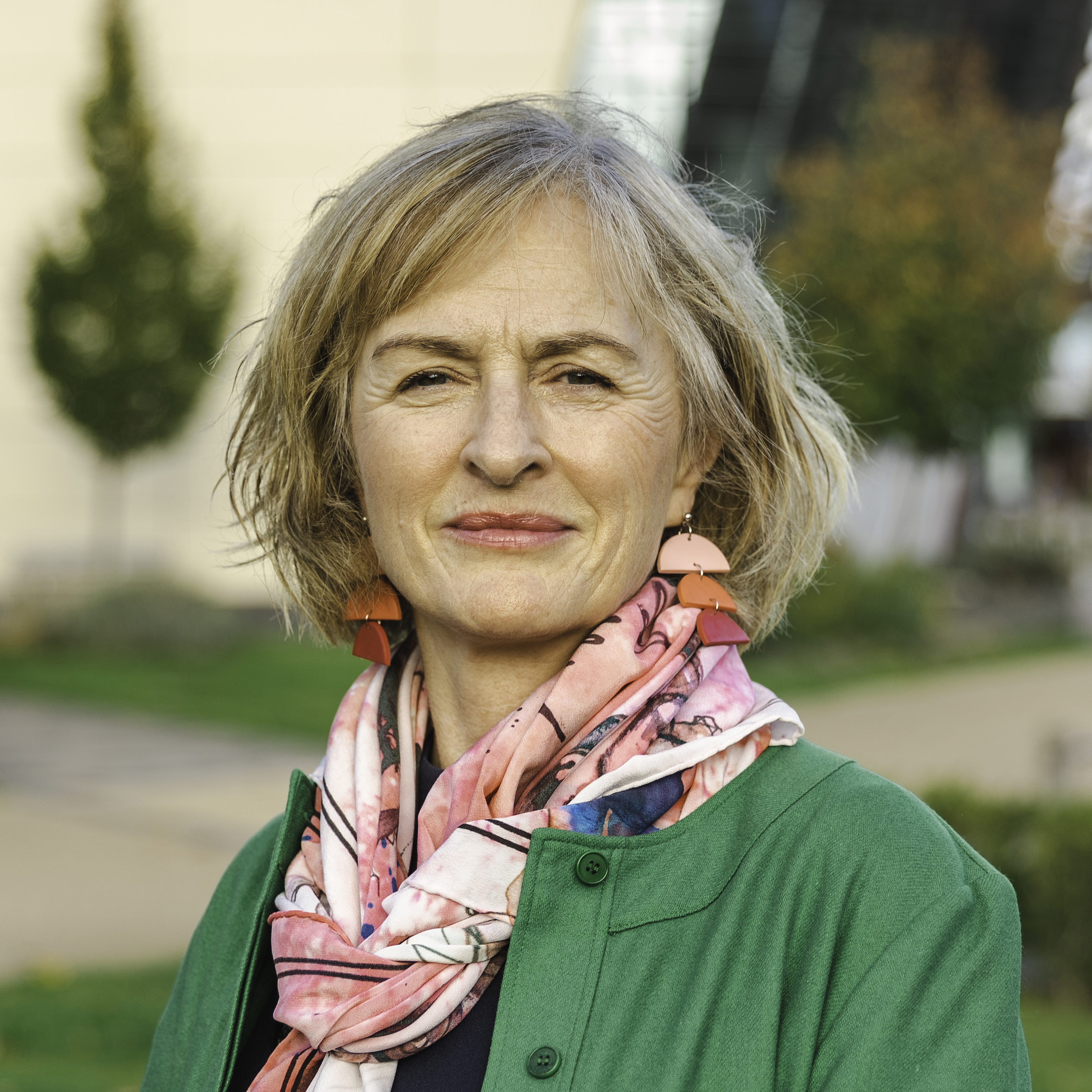 Professor Susan Orr
Professor Susan Orr
Professor Susan Orr
Pro Vice Chancellor: Education and Equalities, De Montfort University
Professor Susan Orr is the Pro Vice Chancellor: Education and Equalities at De Montfort University. Prior to her appointment at DMU she has had leadership roles at York St John University, Sheffield Hallam University and University of the Arts London.
At DMU Susan leads Education 2030 which is a cross university change programme delivering block education to our students. She is also the DMU executive lead for Equality, Diversity and Inclusion.
In 2023 Susan led the OFS review of Blended Learning and was an OFS Teaching Excellence Framework (TEF) Panel member.
Susan is a Professor of Creative Practice Pedagogy and her research centres on creative education with a focus on studio based pedagogy in art and design. With Alison Shreeve she co authored the book ‘Art and Design Pedagogy in Higher Education: Knowledge, values and ambiguity’ which is regularly cited in discussions and research on creative education.
Susan is a National Teaching Fellow and in 2020 she led a team that won an Advance HE Collaborative Award for Teaching Excellence.
 Professor Alasdair Blair
Professor Alasdair Blair
Professor Alasdair Blair
Associate Pro Vice Chancellor Academic, De Montfort University
Alasdair Blair has over 20 years senior HE experience. He has a particular interest in assessment and feedback practices and developing applied learning opportunities for students. He is lead editor of the Journal of Political Science Education and is co-deputy chair of the QAA Public Policy and Public Administration SBS Advisory Group.
Partner institutions
 Professor Alastair Robertson, Glasgow Caledonian University
Professor Alastair Robertson, Glasgow Caledonian University
Professor Alastair Robertson: Project Partner Lead
Director of the Graduate School, Glasgow Caledonian University
Professor Alastair Robertson, Director of the Graduate School at Glasgow Caledonian University has 30 years’ experience in higher education academic leadership and development, strategic change, student experience, quality enhancement and national policy development. He was previously PVC Learning and Teaching at GCU and is a Principal Fellow of the HEA.
 Joanna MacDonnell, University of Brighton
Joanna MacDonnell, University of Brighton
Joanna MacDonnell: Project Partner Lead
Director of Education and Students, University of Brighton
Jo is passionate about improving the experiences and outcomes of students from Widening Participation groups. As Director of Education and Students at the University of Brighton she is the strategic lead for student achievement and student engagement, the initiatives under Jo’s leadership have led to impactful institutional culture change.
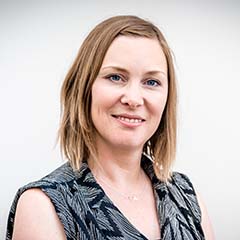 Dr Catherine McConnell, University of Brighton
Dr Catherine McConnell, University of Brighton
Dr Catherine McConnell: Project Partner
Head of Student Academic Success, University of Brighton
Catherine's role is to provide educational leadership in the areas of student success, engagement and partnership, embedding skills development within the curriculum, and peer learning. Catherine currently holds the national role of Co-Chair for the Association for Peer Learning and Support, and is involved in a range of research projects involving students as partners.
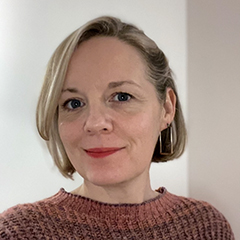 Leanne Grice, University of the Arts, London
Leanne Grice, University of the Arts, London
Leanne Grice: Project partner lead
Student Learning and Engagement Project Coordinator, University of the Arts, London
Leanne is a Student Learning and Engagement Project Coordinator at University of the Arts London. Previous to this role, Leanne has worked on projects in Outreach, Widening Participation and the University’s Access and Participation Plan evaluation. Her research interests include equality of opportunities in education, transition, and improving the student experience, with a focus on those from under-represented groups.
Project contributors
- De Montfort University: Dr Jason Eyre and Tracy Slawson
- Glasgow Caledonian University: Dr Colin Milligan
- University of the Arts, London: Tanyeem Hussain, Dr Wayne Clark, Siobhan Clay
Other Collaborative Enhancement Projects
QAA supports a number of projects every year, covering a range of topics and interest areas. Each is led by a QAA Member, working in collaboration with other members institutions. You can find more information on all projects, and access resources and outputs, on our website.


